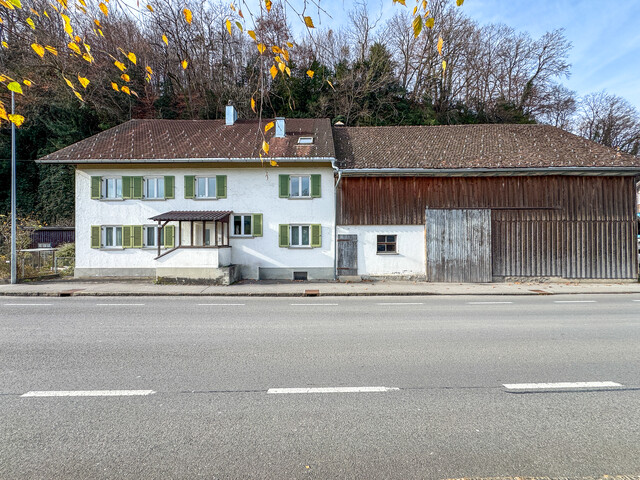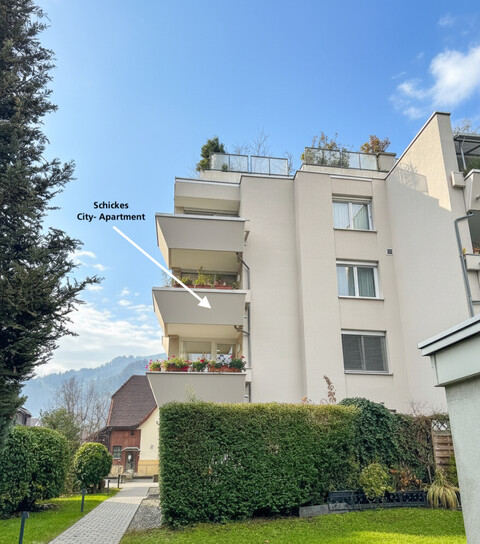Railway Collective Agreement Negotiations on the Home Stretch

"We made significant progress today. The negotiation climate is positive, and we are approaching a conclusion that is feasible for both sides, also taking into account the economically challenging conditions of the companies," said Thomas Scheiber, chief negotiator and deputy chairman of the railways in the WKÖ.
Railway Collective Agreement Negotiations Continue Next Week
In the coming days, further detailed calculations will be carried out, particularly with regard to rolling inflation. Both parties have agreed not to publish specific figures until then. "We are approaching these final steps constructively and responsibly. Now it is important to complete the calculations and find the final consensus on this basis. I am confident that we will reach a fair and sustainable result for the railway workers on October 15," said Gerhard Tauchner, vida chief negotiator and chairman of the vida railway sector. Both social partners plan to continue the negotiations on October 15, 2025, with the clear goal of successfully concluding them.
Dismay Over Metalworkers' Agreement
The railway collective agreement negotiations began on September 22, simultaneously with the metal industry, which reached an agreement on the same day. This caused surprise among the railway workers at the time. The employee representatives then accused the employers of wanting to take advantage of the momentum and suddenly being far less willing to compromise. They were "quite dismayed" by what had happened because they had been "almost finished" with the collective agreement in preliminary talks, Tauchner said at the time. However, during the second round of negotiations on October 1, there were constructive talks again, it was heard. The basis for the bargaining is the rolling inflation from October 2024 to September 2025, which amounts to 3 percent.
Metalworkers Fell Below Inflation
The autumn wage round was traditionally initiated by the metal industry, which reached an agreement with employers on the first day of negotiations. Their agreements have often been referred to as trend-setting in the past, with the strongly unionized metalworkers typically concluding higher than many other sectors. This time, however, the employees of the metal industry had to make concessions. The agreement is largely below the annual inflation of the past twelve months, previously a no-go for the unions.
Accordingly, the employee representatives were keen to point out that in the metal industry it is a "crisis agreement for a limited time," which by no means serves as a model for further collective bargaining agreements this year. "The crisis of the metal industry is not the crisis of the entire country," emphasized vida chief Roman Hebenstreit. A wage agreement below inflation in the transport and service sector endangers economic recovery, the welfare state, and municipalities. WIFO economist Benjamin Bittschi also stated that the metalworkers' agreement cannot be directly applied to other areas. For example, minimum wages in retail are significantly lower and the impact of inflation is stronger.
Inflation Remains High
If the economic researchers from WIFO and IHS are correct, life in Austria will remain very expensive. According to the figures presented today, they expect inflation to be 3.5 percent this year. Although the economy is recovering from the recession, this healing process is supported by private consumption, while foreign trade in goods is still declining this year. The ÖGB emphasized today: "Saving should not happen at the expense of employees." The Chamber of Commerce, on the other hand, stated that it is now important to restore competitiveness.
The railway employees are not the only ones currently negotiating. For the approximately 350 air traffic controllers of Austro Control, the collective bargaining negotiations began in early September with the demand for compensation for the annual inflation in 2025 and a fair share of the increased air traffic volume.
Retail Collective Agreement Will Not Hold
And it is likely to be exciting in retail as well. Although there was a 2-year agreement last year, the social partners agreed that if the inflation rate is 3 percent or more in the period from October 2024 to September 2025, the retail collective agreement for 2026 will be void and must be renegotiated. A decision on this is expected in mid-October. Retail employs around 450,000 employees and apprentices as well as 120,000 workers in Austria.
(APA/Red)
This article has been automatically translated, read the original article here.
Du hast einen Hinweis für uns? Oder einen Insider-Tipp, was bei dir in der Gegend gerade passiert? Dann melde dich bei uns, damit wir darüber berichten können.
Wir gehen allen Hinweisen nach, die wir erhalten. Und damit wir schon einen Vorgeschmack und einen guten Überblick bekommen, freuen wir uns über Fotos, Videos oder Texte. Einfach das Formular unten ausfüllen und schon landet dein Tipp bei uns in der Redaktion.
Alternativ kannst du uns direkt über WhatsApp kontaktieren: Zum WhatsApp Chat
Herzlichen Dank für deine Zusendung.








